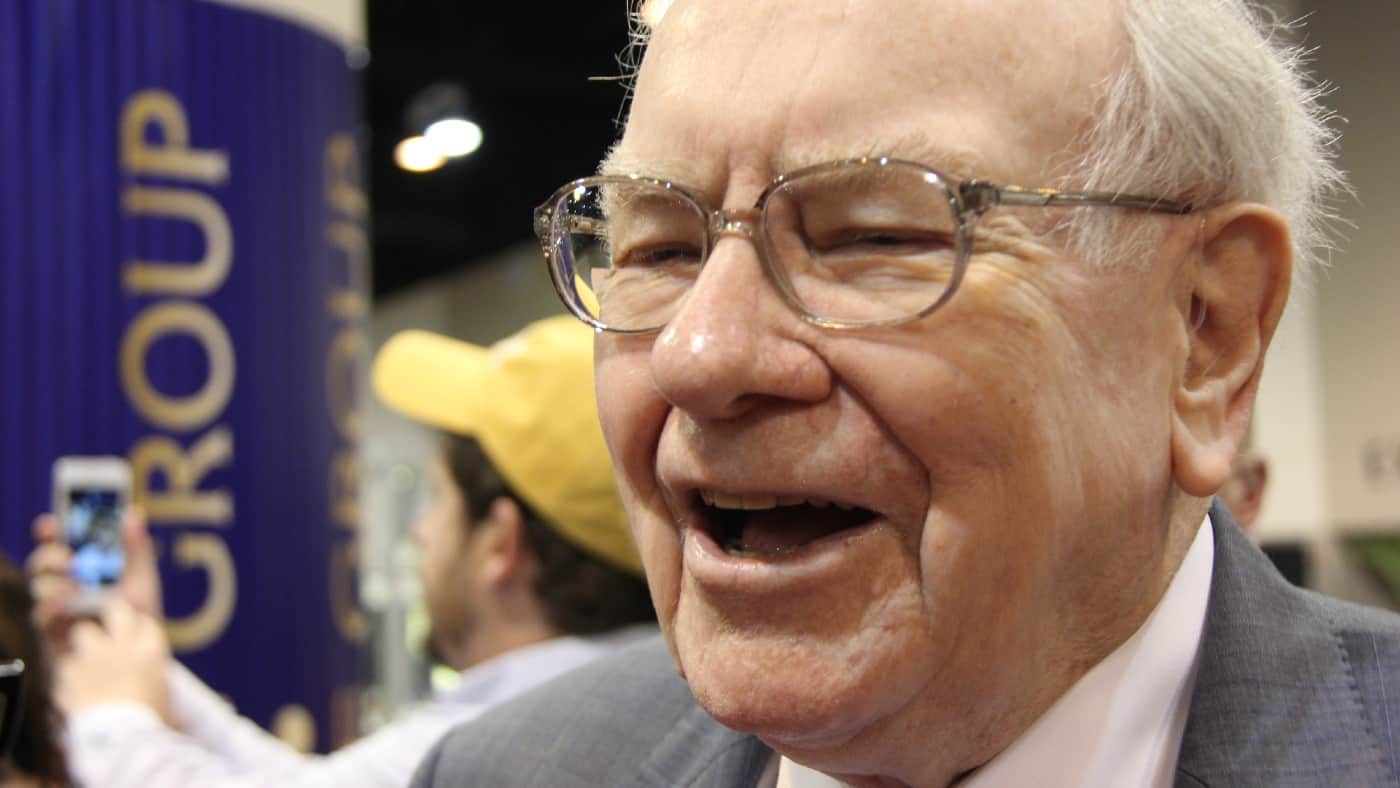Warren Buffett is widely regarded as the greatest stock market investor of all time. So, I like to keep an eye on his portfolio.
Looking at that portfolio today, it’s interesting to see that Buffett has a very large position in an electric vehicle (EV) company. It’s not Tesla. And it’s not NIO. Instead, it’s BYD (OTC:BYDD.F), an under-the-radar Chinese EV maker that has a listing in the US.
Should I follow him and buy BYD stock for my portfolio? Let’s take a look.
BYD: the business
Founded in 1995, BYD is an automotive company that offers a broad range of internal combustion, hybrid, and battery-electric passenger vehicles. It also offers commercial vehicles such as trucks, vans, and buses. When it was founded back in the 1990s, it was originally focused on batteries. However, in 2003, it entered the automotive market.
Last year, it sold around 190,000 new-energy vehicles. That’s not as many as Tesla sold (around 500,000). However, it’s far more than Chinese rival NIO sold (around 44,000).
It’s worth pointing out that Buffett has been invested in BYD for a long time. He first invested here back in 2008 on advice from his business partner Charlie Munger. This long-term approach has paid off. His original investment of around $230m in BYD is now worth over $9bn.
Could it be the Tesla of China?
BYD appears to be having a lot of success right now.
In October, three of its models were among China’s five best-selling new-energy vehicles, according to Bloomberg. These were the Qin Plus DM-i, the Song DM, and the Qin Plus EV. The other two EVs that made the top five were the SAIC-GM Hongguang Mini EV and Tesla’s Model Y.
Meanwhile, for the first three quarters of 2021, four BYD models were among the 15 best-selling new-energy vehicles in China (listed below), according to the China Passenger Association.
|
As for growth, BYD is putting up some impressive numbers at present.
In October, its new-energy vehicle sales were up 263% year on year to 80,003 units. By contrast, NIO saw a 27.5% dip in deliveries in October due to supply chain challenges.
Meanwhile, in the third quarter of 2021, its battery-electric sales jumped 67% and outpaced Tesla’s sales for the first time since the end of 2019, according to the China Automotive Technology and Research Center.
Should I buy BYD stock?
There’s certainly a lot to like about BYD, in my view.
For starters, revenue growth has been very strong in recent years. Between 2015 and 2020, revenue jumped nearly 100%. This year, analysts expect top-line growth of nearly 40%.
Secondly, unlike many other EV makers, BYD is already profitable. This reduces risk.
One concern I have right now, however, is the valuation. BYD shares have had an amazing run over the last two years (+800%) and as a result, the stock now has a market cap of around $130bn and a forward-looking P/E ratio of around 200. These are high figures.
Another issue for me is the low return on capital. Over the last five years, it has delivered an average return on capital of just 6.3%. I prefer to invest in highly profitable companies that earn a big return on their investments.
Given these issues, I’m going to leave this Buffett stock on my watchlist for now.
All things considered, I think there are better stocks to buy.








